LISTEN NEW EPISODE EVERY WEEK
Hosted by Sam Stone & Chuck Warren
Listen Every Week New Podcast
Hosted by Sam Stone & Chuck Warren
#1 Conservative Talk Radio Show
Listen to Breaking Battlegrounds, the leading conservative talk radio show that interviews opinion leaders from across the world to discuss politics, culture, and policies that are shaping our day-to-day lives. Join the conversation and stay informed with the leading voice in conservative media.
Subscribe to receive our podcast in your inbox, opeds from our hosts and guests and the Breaking Battlegrounds Weekly Newsletter
Latest Podcasts

Featured Guests
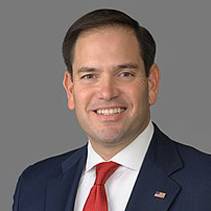
Senator Marco Rubio on National Security
He is the senior United States senator from Florida, a seat he has held since 2011. Member of the Republican Party and Speaker of the Florida House.
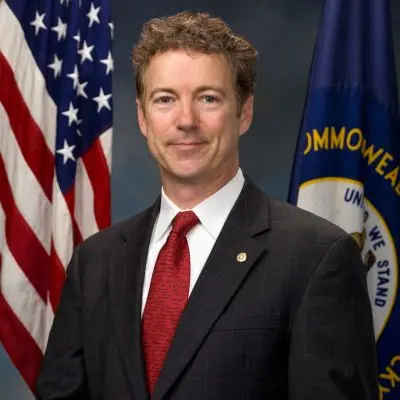
Senator Rand Paul Challenging Fauci on COVID
Rand Paul is an American politician serving as the junior US senator from Kentucky since 2011. Paul was a candidate for the Republican nomination in the 2016 U.S. presidential election.
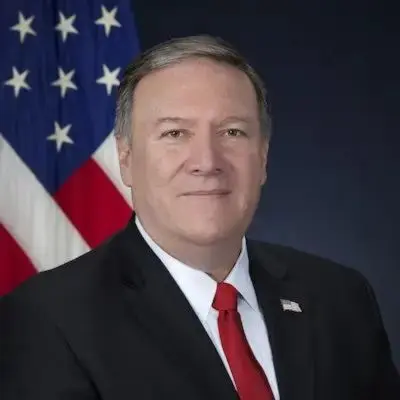
Mike Pompeo on Protecting America on the World Stage
Michael R. Pompeo is an American politician who served in the administration of Donald Trump as director of the Central Intelligence Agency (CIA) from 2017 to 2018.
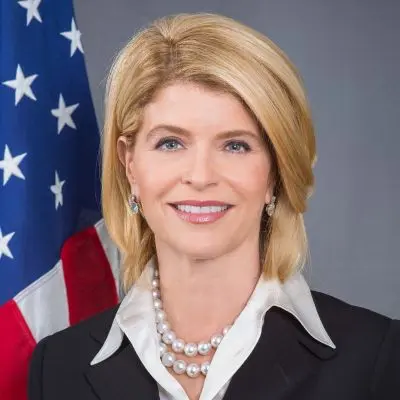
Global Insights with Ambassador Carla Sands
Carla Sands is an American businesswoman who is chair and CEO of Vintage Capital Group. During the Trump administration, she was U.S. ambassador to Denmark.
What People Say
Great podcast. Very informative about real world, current issues.
You guys are good I mean really good.
Meet Your Hosts
Sam Stone is a state and local policy expert, with almost two decades of experience in policy development and campaign management. He currently serves as chief policy advisor to U.S. Senate Candidate Kari Lake and is the Managing Partner of Cairn Consulting.
Sam has previously worked as Chief of Staff to Phoenix City Councilman Sal DiCiccio, Executive Director of the Civics Education Initiative at the Joe Foss Institute, and has worked on dozens of campaigns at the state and federal level.
Chuck Warren is the Managing Director of September Group, LLC, a public affairs, crisis communication and initiative qualification company. He is also a partner in Monolith Registry, LLC, the USA-based top-level registry for .VOTE and .VOTO domain and Campaign Safe, LLC.
Chuck’s clients have included major law firms, municipalities, and companies as diverse as Overstock.com; Verisign; Blue Cross Blue Shield; Arches Health Plan, Inc.; Delta Airlines; Dorado Systems; Comcast; Gold Cross Ambulance; Ragnar Relay; Eureka Casino Resort; Casablanca Resort Casino; Republican Governors Association; Amazon.com; Republican National Committee; National Republican Senatorial Committee; Freedom Works; Lewis, Young, Robertson & Burningham, Inc.; and Cancer Treatment Centers of America (CTCA).
#1 Radio Show On The Weekends
Listen Live Or On All Podcast Streaming Platforms
Cincinnati - 55KRC
⦿
Phoenix - AM960
⦿
Tulsa - AM1300
⦿
Wheeling - AM1170
⦿
Nashville - FM 98.3
⦿
Fairbanks - AM970
⦿
San Diego - AM1360
⦿
Florence - 103X
⦿
Tupelo - AM1060
⦿
Miami - AM610
⦿
Tampa - AM860/FM 93.7
⦿
Orlando - AM950/FM 94.9
⦿

Blogs
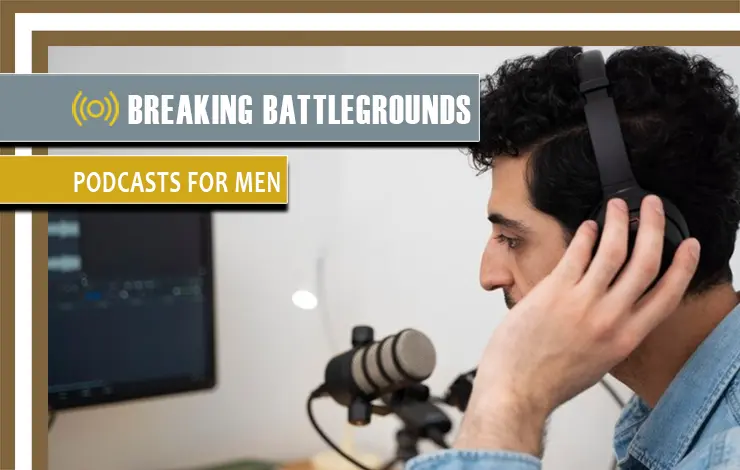
Podcast for Men and Add Value to your Life
The podcast for men has become a sanctuary for those who seek knowledge, motivation, and inspiration. Podcast for men has become a safe platform where
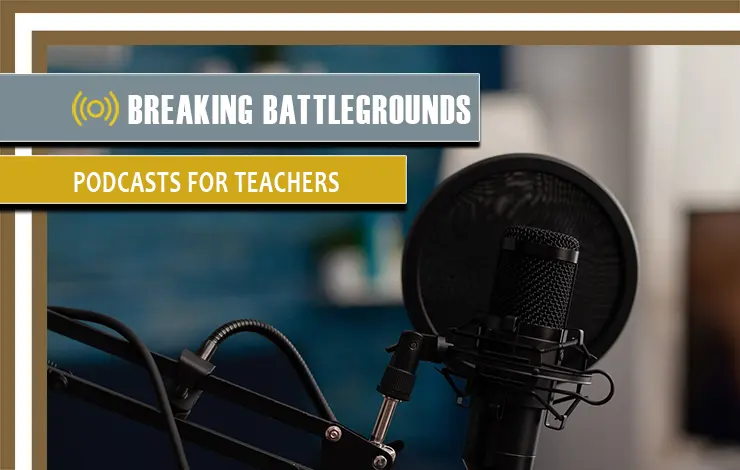
Podcasts for Teachers that Helps you to be a Good Guide
Teachers are like our superheroes because they possess the power to shape young minds and change the world to make it a better place. However,
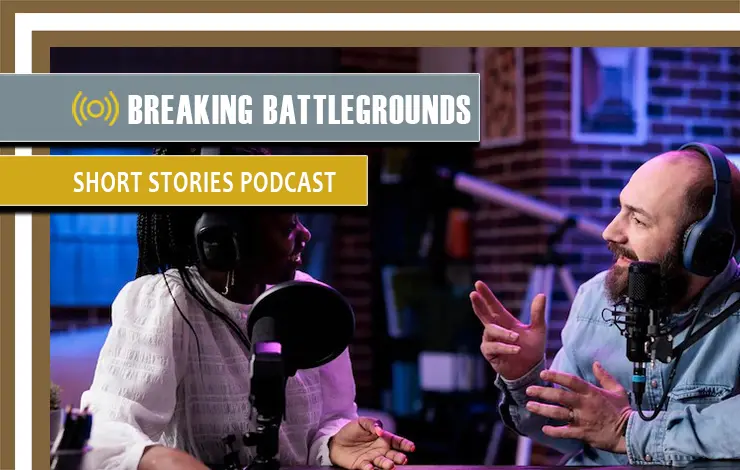
Best Short Stories Podcast that Provides Great Entertainment
Short stories podcasts offer a unique and captivating way to experience the written word. The episodes of these podcasts present a new tale crafted by




